
Phage combination therapies for bacterial wilt disease in tomato ($) (Nature Biotech)
Plant Science Research WeeklyBacteriophages are viruses that infect bacteria. As agents that weaken or destroy pathogens, they have shown therapeutic promise in human and plant disease treatment. Wang et al. studied the effect on pathogenic Ralstonia solanacearum of different phages individually and in combinations in the rhizosphere…
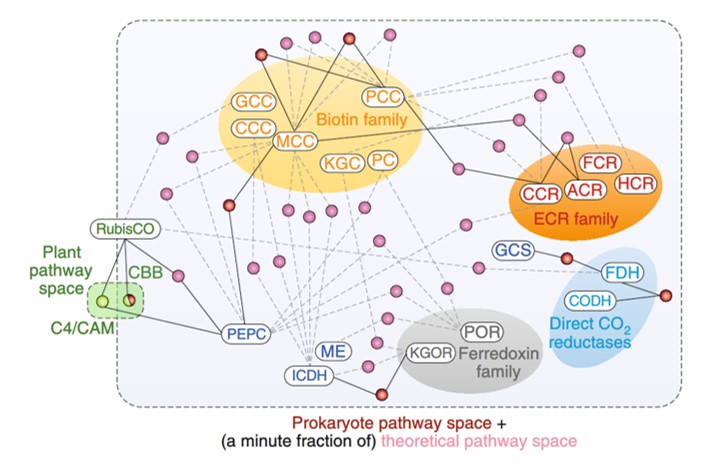
Perspective: Revolutionizing agriculture with synthetic biology (Nature Plants)
Plant Science Research WeeklyIn a new Perspective by Wurtzel et al., the authors lay out SynBio’s tremendous potential to transform agriculture. Consider how we might leverage the “vast design space that plants have not occupied.” As an example, plants employ two pathways to fix carbon, and prokaryotes another six, but scientists…

Review: Ready-to-eat salad crops: A plant pathogen’s heaven (Plant Disease)
Plant Science Research WeeklyFor those of you celebrating Thanksgiving next weekend, here’s an article full of fun facts to share over the salad. Gullino et al. describe the history of salad (mentioned by Virgil and Pliny) and the rapid growth in the prepared salad industry. They describe the challenge of growing and getting these…
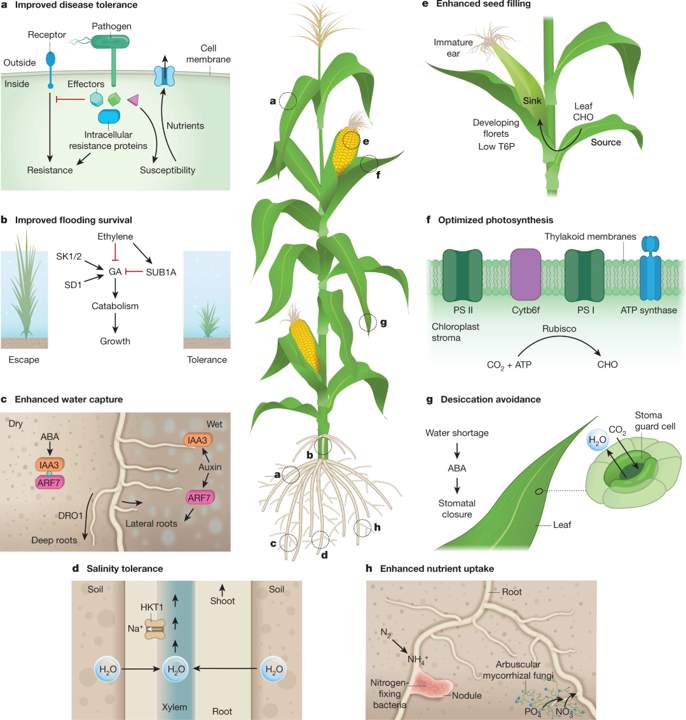
Review: Genetic strategies for improving crop yields (Nature)
Plant Science Research WeeklySimply put, as food demand increases due to population growth and increased affluence, crop yields are likely to decrease due to the changing climate. Plant scientists will be familiar with many research avenues that aim to address this disconnect, ranging from increasing crop resilience to abiotic stresses,…

Review: Mosses in biotechnology (Curr. Opin. Biotechnol.)
Plant Science Research WeeklyPlant biotechnology often refers to crops and, more recently, algae, but biotechnology also applies to mosses. As Decker and Reski summarize, mosses have some of the same desirable features as algae, including a largely haploid lifecycle that facilitates genetic studies (including homologous recombination…

The greenhouse gas impacts of converting food production in England and Wales to organic methods (Nature Comms)
Plant Science Research WeeklyMany discussions about organic food production are dominated by dogma rather than pragmatism. Nevertheless, here’s a useful report that examines the impact of organic farming methods in England and Wales on greenhouse gas (GHG) emissions. Are the well-documented lower yields offset by differences in…
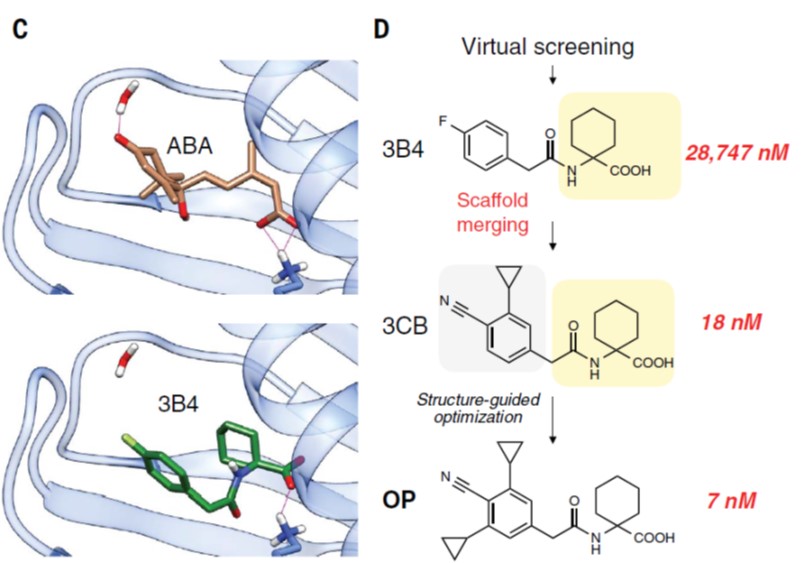
Dynamic control of plant water use using designed ABA receptor agonists (Science)
Plant Science Research WeeklyABA is synthesized in response to water stress and promotes stomatal closure, thus decreasing transpiration. Crop yields can be increased by controlling transpiration early in the growing season, ensuring that soil water resources persist through the seed-set period. Building upon earlier studies, Vaidya,…
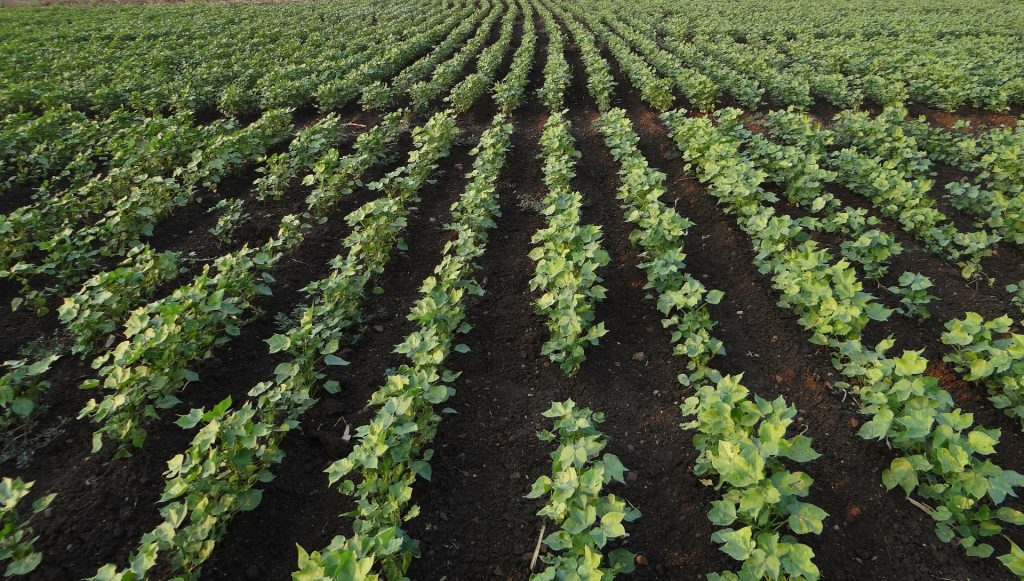
Letter. The human health benefits from GM crops (Plant Biotech J)
Plant Science Research WeeklyIf you’ve ever spoken publicly about GM crops, you’ve probably heard people express concern about how eating GM crops might affect their health. Smyth lays out a positive case for the human health benefits of GM crops, which will be a useful resource for science communicators. Here he focuses on…
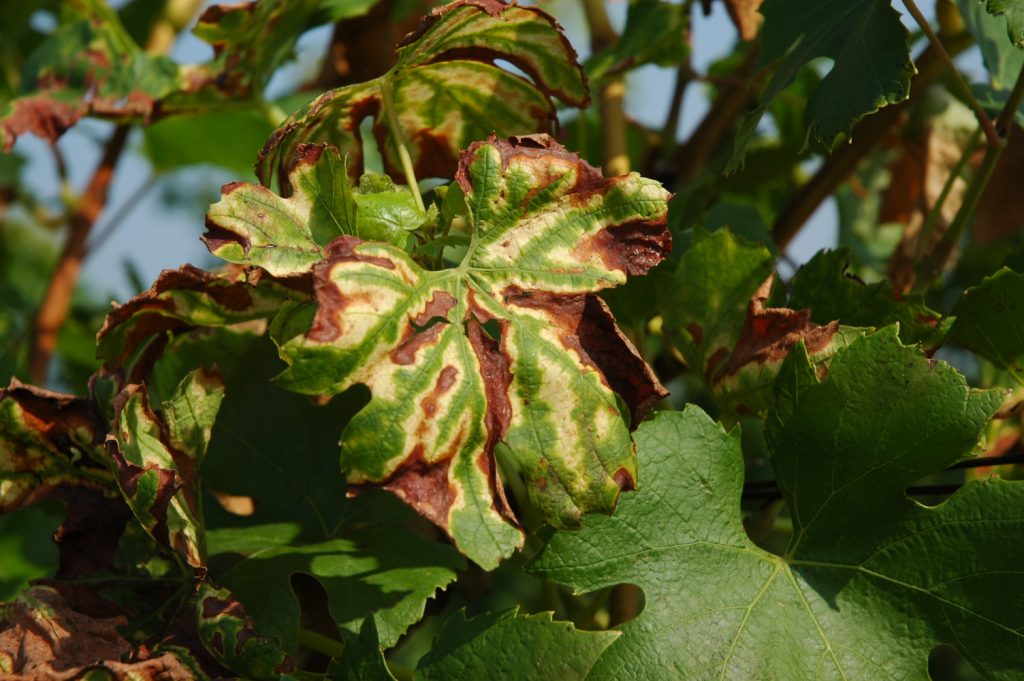
Exploring the hydraulic failure hypothesis of esca leaf symptom formation (Plant Phys)
Plant Science Research WeeklyEsca is a leaf scorch (necrosis) disease of grapevine that causes tremendous yield losses. Bortolami et al. have investigated the etiology of this condition, which is known to be a consequence of fungal pathogen infection. But how exactly does the fungal infection contribute to the observed symptoms?…

